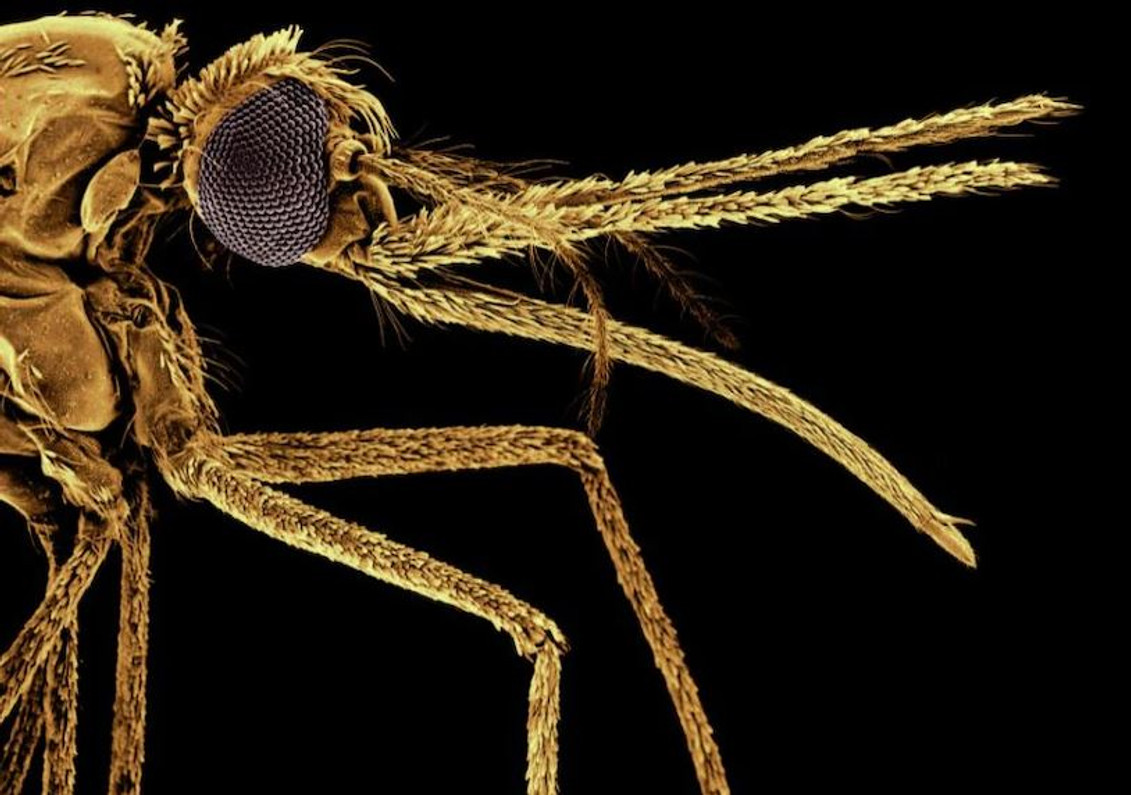Malaria is not only a blood disease, it also hides in the spleen, scientists have discovered
The malaria parasite is well known for hijacking red blood cells in its potentially deadly quest to spread to its next unsuspecting victim via a mosquito bite.
But scientists have discovered it has another surprising trick up its sleeve: it can lurk undetected in the spleen, which filters blood.
Key points:
- Scientists had long suspected this finding but had no direct evidence until now
- The discovery rewrites what we know about the life cycle of this insidious parasite that infects millions of people each year
- It also means the disease can be spread by people who are asymptomatic
The discovery, reported today in the journals New England Journal of Medicine not only rewrites what we know about the biology of this insidious disease, but it has important implications for malaria elimination programs, researchers say.
"What we found is that there are some people walking around that have malaria parasites in their spleen and not in their [circulating] blood," said lead author Steven Kho, of the Menzies School of Health Research.
This means they may not be picked up by screening programs, which look for evidence of the parasite in the circulating blood.
One of the other problems, Dr Kho says, is people with infected spleens have no symptoms, so they are unlikely to seek medical treatment.
"Which means they are carriers and they are able to transmit the disease within the population if a mosquito bites them [once the parasite moves back into the bloodstream]," he said.
The life cycle of malaria — as we knew it
The malaria parasite is transmitted from person to person through the saliva of the blood-sucking female Anopheles mosquito.
Within days, the parasite travels through the bloodstream until it invades the liver, where it transforms into the next stage that infects red blood cells.
Once in the red blood cells, the second generation of parasites reproduce over and over again, killing off the cells as they go.
It is during this phase that the symptoms of headache, fever and nausea appear.
As the progresses it can cause severe anaemia, respiratory distress, organ failure, coma and death.
Some of the earliest references to malaria's presence are found in 5,000-year-old Egyptian mummies.
Today, it is found across 40 per cent of the world, mainly in sub-Saharan Africa, South-East Asia, the eastern Mediterranean and the Western Pacific.
In 2019, there were 229 million cases of malaria and 409,000 deaths — mostly children and pregnant women — worldwide.
Scientists had long suspected that the second generation of malaria parasites that cause disease may have hung out in other organs such as the spleen, but until this point, no direct evidence had been found, Dr Kho said.
"No-one has actually ever done a study to actually show that's where these parasites are hiding," he said.
The spleen and malaria
Lying in the left-hand side of the body, the spleen plays a critical role in the immune system.
As blood flows in and out of the fist-sized organ, abnormal and dead blood cells are removed.
This process puts the spleen under a lot of pressure and it is common to see people with enlarged spleens in areas where malaria is endemic.
"If the spleen only removes parasites, we should only see parasite remnants or evidence of dead parasites [in the spleen]," Dr Kho said.
However, when the international team of scientists examined spleen tissue, they were surprised.
He said the next step would be to find out if the results in this one region were also true of other parts of South-East Asia where P. vivax dominates, and in Africa where P. falciparum is the main disease culprit.
"I can see this [discovery] having a huge influence in the way we understand malaria transmission into the mosquito and back out of the mosquito, and the disease itself," Dr Boddey said.
Recent Posts
-
Dengue fever deaths surge in Caribbean and Americas due to climate crisis
Warmer weather brought on by climate crisis enables mosquitoes that carry virus to expand their reac …12th Dec 2024 -
5 Benefits of Using Bed Canopy Mosquito Nets for Your Bedroom | MosquitoNets.com
5 Benefits of Using Bed Canopy Mosquito Nets for Your BedroomLooking for a simple yet elegant solut …20th Nov 2024 -
Novel way to beat dengue: Deaf mosquitoes stop having sex
Scientists believe they have found a quirky way to fight mosquito-spread diseases such as dengue, ye …7th Nov 2024




